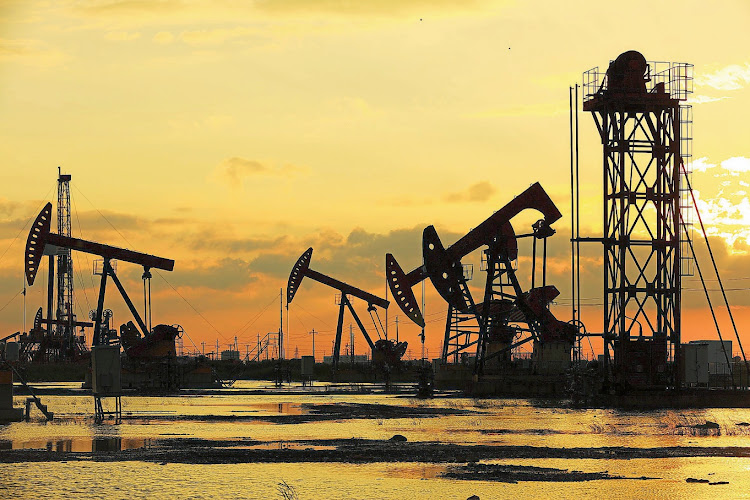No inflation gain without rates hike pain

The Reserve Bank had no choice but to raise interest rates steeply. If it hadn't, the poor would have suffered even more
Saudi Arabia has announced it will cut oil production by 500,000 barrels per day from May until the end of the year. Other Opec+ members that followed with production cuts included Iraq, the United Arab Emirates, Kuwait, Kazakhstan, Algeria, Oman and Gabon.
This followed Russia’s announcement on February 10 that it would cut oil production by a similar magnitude to the Saudis from March, which it has now extended until the end of 2023. Combining this week’s announced 1.16-million barrels per day (bpd) cuts with Russia’s earlier 500,000 bpd cut and the 2-million bpd already announced in 2022 brings the total reduction in oil production to 3.6-million bpd.
Brent Crude oil prices rose to a peak of $86 per barrel before stabilising at $85 per barrel after the announcement. The increase so far has been marginal but it poses risks to the outlook for fuel prices and inflation trajectory.
In hindsight, the South African Reserve Bank would be satisfied that it increased interest rates by 50 basis points (which came as a surprise to the market) to 7.75% instead of a 25 basis point hike even though its projected equilibrium neutral policy rate is 7%.
Let’s revisit that monetray policy committee (MPC) decision. The Bank sees economic growth stagnating at 0.2% in 2023 from 0.3% and recovering to 1% and 1.1% in 2024 and 2025, from 0.7% and 1%. Its inflation forecast for 2023 is now much higher at 6%, only marginally higher at 4.9% in 2024 and unchanged at 4.5% in 2025.
Much of the uplift in 2023 inflation forecast is driven by the weak exchange rate driven by the recent US banking sector stress and the wider current account deficit. Outside of these factors the Bank’s outsized hike appears to have been driven by the need to control inflation expectations and wage settlements following the two-year public-sector agreement for a 7.5% increase.
There is a narrative that says the Bank has been strong handed in hiking rates to 7.75% at a time when inflation is very high and costly for consumers. For those who understand monetary policy, this narrative appears basic and obvious in that it is precisely the high inflation that the Bank must respond to by hiking interest rates as they did so that this high inflation can come back into and close to the 4.5% mid-point and within the targeted band of 3% to 6%.
“While the rate hike is painful for consumers, inflation is even worse if it is permanently very high”
Bank of England chief economist Huw Pill listed considerations that inform his voting in a recent speech titled "Inflation persistence and monetary policy". One of his main points was that more rate hikes are necessary because of the persistent nature of inflation, which itself is influenced by price and wage setting behaviour in the economy.
Food prices have been rising despite the moderation in global agricultural commodity prices. The culprit has been the high cost of diesel used during load-shedding. Wage agreements, including the most recent 7.5% public sector wage agreement, have been settled well above the upper band of the inflation target.
A vicious cycle of supply side shocks, which the Bank cannot do much about, has transformed into higher costs of production, consumer goods inflation and higher wage settlements. Left to their whims, goods and labour markets will regenerate this cycle, leading to high inflation persisting, so again bringing society to a cost-of-living crisis.
There had to be a circuit break to this vicious cycle. This was the 50 basis points hike instead of a more reasonable 25 basis points. Whether this is enough will become evident in time. What is now required is for the Bank to pause rate hikes and continue signaling that, if need be, it will respond if inflation does not fall into target over its forecast horizon.
While the rate hike is painful for consumers, inflation is even worse if it is permanently very high, particularly for the poor who have no debt nor access to credit and are dependent on state social support through grants.
